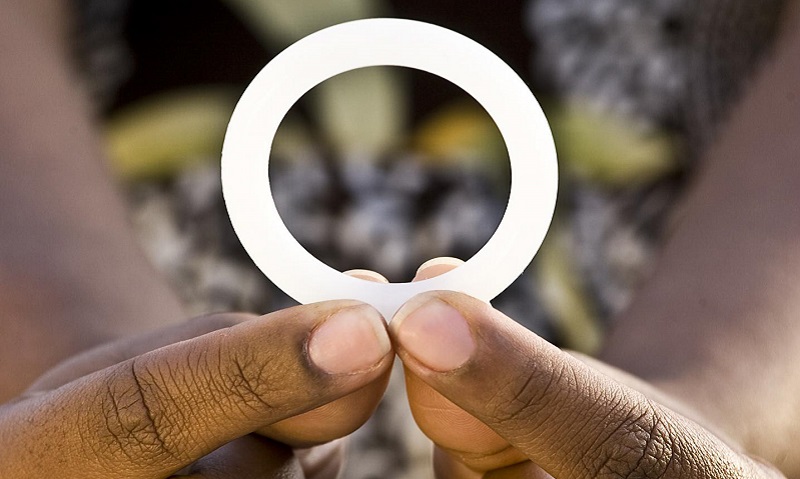As one way of fighting the spread of HIV among women in the country, the International Partnership for Microbicides (IPM) is in the process of developing HIV prevention method among women known as Dapivirine Vaginal Ring.
The method, which is being developed together with UNC Project-Malawi, is a female-controlled HIV prevention method that is capable of reducing women’s HIV risk by 35 percent with no safety concerns with long-term use.
In an interview, Clinical Research Site Leader at UNC Project-Malawi Dr Lameck Chinula said the method is different from other HIV preventive measures because it is woman controlled.
“It is intended to be used by women for a month at a time, this a method that women can actually use without their partners knowing that they are actually using an HIV prevention tool, this is very important for women as other women cannot negotiate condom use,” said Chinsinga.
Dr. Chinula has however emphasised that the method is not 100 percent effective and that women are advised to adhere to other HIV preventive measures.
“All the available methods for HIV prevention do not provide 100 percent prevention they only reduce the risk of HIV prevention so it’s very important to adhere to the other measure of HIV prevention,” said Dr. Chinula.
In July this year, the European Medicines Agency (EMA) announced it had adopted a positive scientific opinion for use of the monthly dapivirine ring by cisgender women ages 18 and older in low- and middle-income countries.
The EMA’s review of the ring was through the Article 58 procedure, in cooperation with the World Health Organization (WHO).





